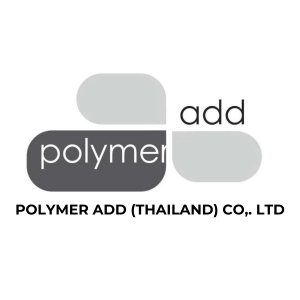Solid plasticizers for hot melt adhesives offer advantages such as reduced volatility, improved handling, and easier storage compared to liquid plasticizers. Solid plasticizers typically consist of higher molecular weight materials, such as waxes or polymeric additives, that contribute to the desired properties of the adhesive, such as flexibility, tackiness, and thermal stability.
Polyethylene Wax (PE Wax)
PE wax is one of the most widely used solid plasticizers in hot melt adhesives. It improves the flexibility and tackiness of the adhesive while also enhancing its thermal stability and resistance to moisture. PE wax is compatible with a variety of polymers and can be used in both low-temperature and high-temperature applications.
Microcrystalline Wax
Microcrystalline wax is another solid plasticizer commonly used in hot melt adhesive formulations. It offers excellent flexibility and adhesion properties and can improve the cohesive strength of the adhesive. Microcrystalline wax is often used in combination with other solid and liquid plasticizers to achieve the desired performance characteristics.
Ester Waxes
Ester waxes, such as glycerol monostearate (GMS) or pentaerythritol tetrastearate (PETS), can be used as solid plasticizers in hot melt adhesive formulations. These waxes offer excellent thermal stability and compatibility with various polymers, improving the flexibility and adhesion of the adhesive.
Hydrogenated Vegetable Oils
Hydrogenated vegetable oils, such as hydrogenated castor oil or hydrogenated soybean oil, can be used as solid plasticizers in hot melt adhesive formulations. These oils offer good compatibility with natural and synthetic polymers and provide flexibility and tackiness to the adhesive.
